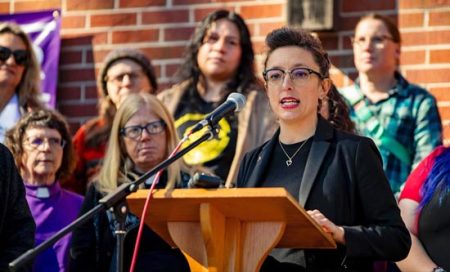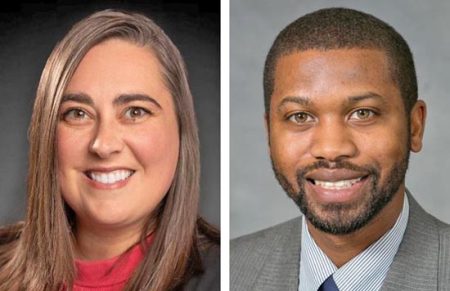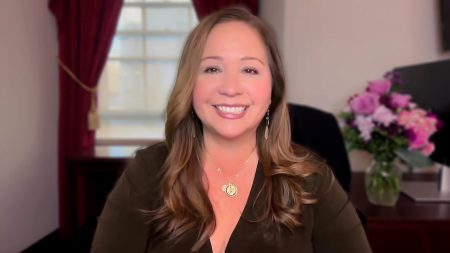GOALS FOR ASHEVILLE:
PLANNING, DEVELOPMENT & GROWTH MANAGEMENT
By Cathy Holt
The city of
In their summary reports, most of the groups placed a high priority on incentives for green, energy-efficient building; affordable housing; denser urban infill; and controlling sprawl. Protection of existing affordable housing stock was also urged. Green space and protection of ridgetops from development were frequently mentioned, along with sidewalks, bike lanes, greenways, and more mass transit options.
Three of the groups listed better enforcement of the UDO (Unified Development Ordinance) as a priority, with emphasis on preventing trees from being bulldozed during site preparation. In the words of one participant, developers “ask forgiveness” after the fact “instead of asking permission” before they cut the trees. There were suggestions that the UDO be streamlined and that a citizen-friendly UDO planning guide be created. One group proposed that the ordinance be updated to allow higher density building patterns.
As for business development, the emphasis was on attracting small, sustainable, environmentally sensitive, locally owned and minority-owned businesses that would pay a living wage, rather than “big box” stores. Riverfront development was mentioned, and a new parking garage to help downtown businesses was recommended by one group.
Two of the focus groups offered proposals for increased citizen involvement. One group suggested that each geographic section of the city be represented on planning commissions, which would report to the City Council. Another group wanted a “Sustainability Advisory Committee” to ensure greater cooperation between city staff and citizens.
Stopping the widening of I-26, in order to preserve
All the ideas presented by the focus groups were written down (on large sheets in typical forum/discussion group style). The meeting leaders promised that these would be transcribed and delivered to City Council and a summary posted on the city website.
Steve Arpin, a neighborhood activist from






